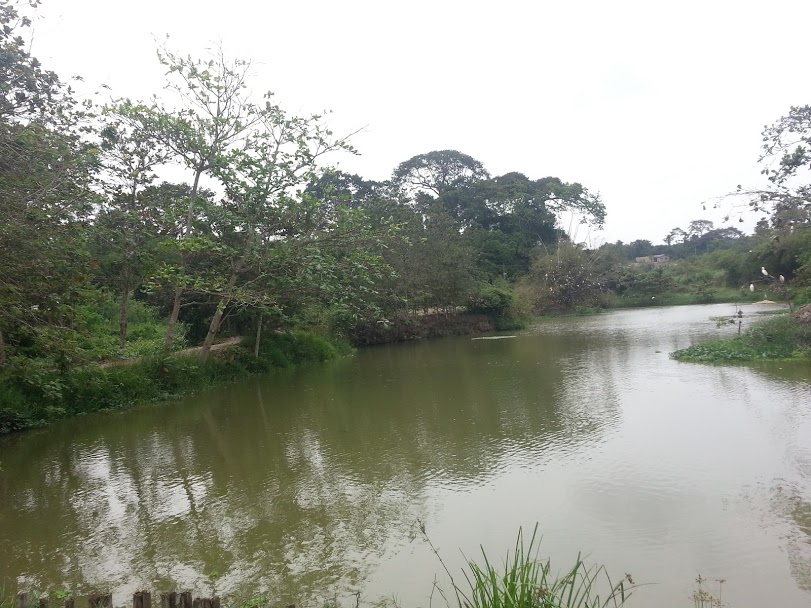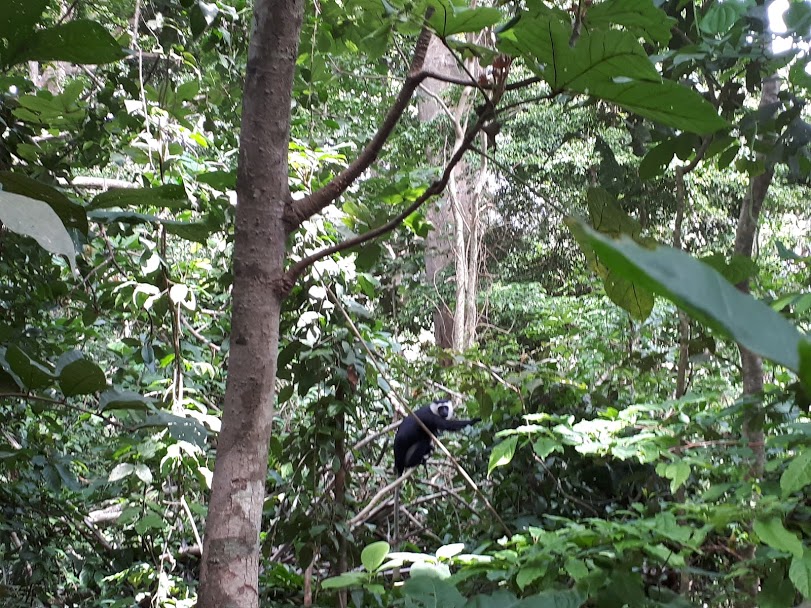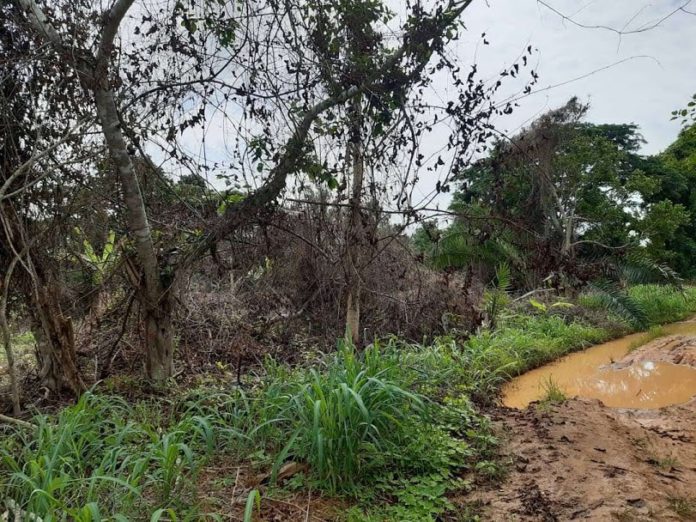|
Getting your Trinity Audio player ready...
|
The theme for World Environment Day which falls on Friday June 5, 2020 is “Biodiversity – the essential variety of life forms on Earth”. Globally, the celebration is touted as “It’s time for Nature” – wherein there is a call to action to combat the accelerating species loss and degradation of the natural world.
There is no denying the fact that biodiversity continues to decline in every region of the world, significantly reducing nature’s capacity to contribute to people’s well-being. This alarming trend endangers economies, livelihoods, food security and the quality of life of people everywhere, according to four landmark science reports written by more than 550 leading experts from over 100 countries “(Intergovernmental Science-Policy Platform on Biodiversity and Ecosystem Services 2019)”.
It will take the entire global community to counter biodiversity loss and ecosystem degradation. The collective actions by sovereign states are therefore fundamental in achieving the global goal. The question however remains; in Ghana, is the time really for nature?
To address the broad level question, there is the need to answer some specific questions as a country;
1. Do we put nature at the heart of all our decision-making?
2. Do we live well in harmony with nature?
3. Are we all involved in conservation and protection of nature?
As a country, if the food we eat, the air we breathe, the water we drink and the climate that makes our planet habitable all come from nature, then it is really time to reimagine our relationship with nature. All Ghanaians (individuals, businesses, groups, government etc.) need to prioritize our actions, learn from one another and share common lessons to heed nature’s call for harmonious human-nature relationship that creates a win-win situation.

In Ghana like most other tropical countries, different unprecedented land-use changes (deforestation, galamsey), over-exploitation of plants and animals (logging, hunting), climate emergency (flooding, drought, warming seas), pollution (chemical and micro-plastics) and invasive alien species (parasites and competitors) are critical drivers of biodiversity loss.
All Ghanaians must arise to act, learn and share good practices that can reverse the trends of biodiversity loss by reimagining our relationship with nature and acting now to increase our ambition and accountability for its protection.
We must conserve and restore critical wildlife and wild spaces, change the way we produce and consume food, promote environmentally friendly cities, business and transform our economy to become custodians of nature.

Importantly, from the least of persons to the greatest of persons, we must all act now- by ensuring that, all our decision-making as a country has sustainable nature consideration, that we are all living in harmony with nature through changing what we consume and changing how we produce what we consume, as we get involved at all levels either individually and/or in groups.
As individuals in sovereign Ghana, we must rethink what we buy and use and become conscious consumers. As faith groups and/or leaders, we must inspire worshippers to live in harmony with the earth and seek green jobs. As private sector, we must ecologize our economy by incorporating bold, sustainable practices in production, supply chains and financing.
Our schools and teachers also have a critical role to play in nurturing young people’s affinity for nature and building curricula that underscore the value of biodiversity and interest in future green job opportunities.
Young people in sovereign Ghana are the future of our beloved country, and the decisions made now will determine the kind of country they will inherit. Accordingly, young people must make their voices heard with real impact.
The Government of Ghana has a central role in changing our current destructive course towards one of greater custodianship for the natural world by protecting and safeguarding wild spaces with ambition and accountability. There should be strong and committed environmental policy that is key to ending biodiversity loss and preserving nature for human wellbeing.
If not for anything, we must understand that biodiversity is necessary for a range of human rights, including the rights to life, health, food, water and culture. In order to protect our human rights as a country, the Government of Ghana have an obligation to protect ecosystems and biodiversity.
Surely, it is time for sovereign Ghana to wake up, to take notice, to raise her voice and to build a sustainable society where people are caring for nature as they care for themselves.
Arise oh ye Ghanaians and heed the call from nature – we must all learn, share and act on the things we need to change for our common good.
Happy World Environment Day!!!
Prosper Kwame Antwi (Conservation Scientist, A Rocha Ghana)





